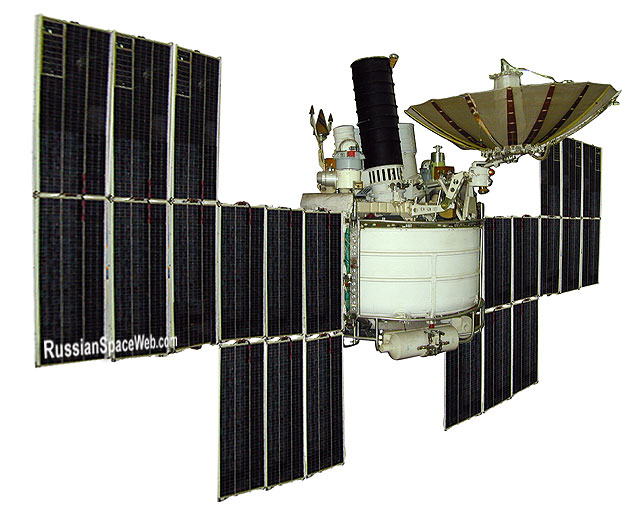Nulcear Weapons 95 - The World Came Close To Nuclear War in 1983
I have posted before about how close the world came to a nuclear war on several occasions. Sometimes it came down to the decision of one man. One human being who could decide the fate of the entire human race in a matter of moments. Fortunately for us, each time, that individual decided against nuclear suicide. These people were highly trained and had their orders from their superiors but something stopped them at the crucial moment. I like to think that it was a matter of basic humanity. When the choice came, they could not bring themselves to contribute to the death of billions and the end of human civilization.
On September 26, 1983, a lieutenant colonel in the Soviet Air Defence Forces named Stanislav Petrov was stationed at Serpukhov, a secret military bunker near Moscow in the U.S.S.R. He was charged with monitoring Oko which was the Soviet Union's early warning system to detect a nuclear attack. If the Oko system issued an alert of a nuclear attack, Petrov was to report the alert to his superiors. Early in the morning of the 26, one of the satellites in the Oko system reported that the United States had just launched five ballistic missiles toward the U.S.S.R.
Three weeks before the Oko alert on the 26th, the Soviets had shot down a South Korean airliner that strayed into a sensitive area in U.S.S.R. Following the crash of the airliner, rhetoric heated up on both sides and the Cold War got colder. Considering this timeline and the belligerence of both nations, Petrov had to take the Oko launch alert seriously.
Petrov later reported that he had "a funny feeling in my gut" that the Oko launch alert was a false alarm. He pointed out that if the U.S. was going to launch a nuclear attack on the U.S.S.R., it would have launch many more missiles than the five reported. Additionally, the Soviet national radar system was not reporting radar corroboration of the supposed launches. And, finally, he admitted that he did not have full confidence in the Oko alert system when it came to detecting nuclear launches. Petrov reported the Oko alert to his superiors as a false alarm as was later proven to be the case.
Another such episode occurred when the U.S. was blockading Cuba during the Cuban Missile Crisis. A Soviet naval vessel crossed the line that the U.S. had announced and it was being monitored by a U.S. naval vessel. The protocol was to go to high alert if a Soviet vessel crossed the line. The Captain of the U.S. vessel should have informed Washington, D.C. of the incursion in the forbidden zone which would have moved our forces to the high alert status. That would have caused the U.S.S.R. to do the same and World War Three might have been the result. Instead, the Captain of the U.S. vessel decided that the Soviet vessel had strayed off course and simply waited to see what would happen. The Soviet vessel was off course and soon sailed back out of the forbidden zone. The U.S. Captain said that he just couldn't bring himself to launch a chain of events that might have destroyed human civilization.
Russia inherited the Perimeter automatic retaliatory system from the Soviets. The Perimeter system has a network of sensors to detect nuclear blasts inside Russia. If the system is unable to communicate with Central Command, then it will launch the Russia nuclear arsenal at the United States. I would much prefer to have a human being with common sense and empathy for other people deciding whether to launch a nuclear war.
Oko Satellite:
